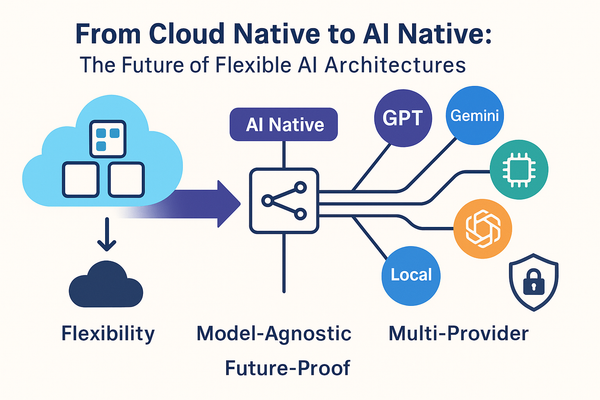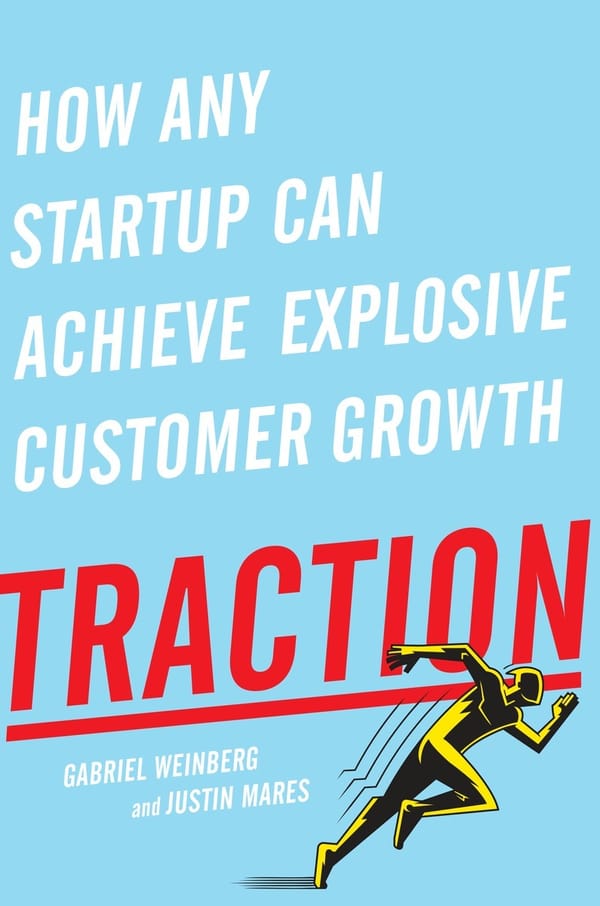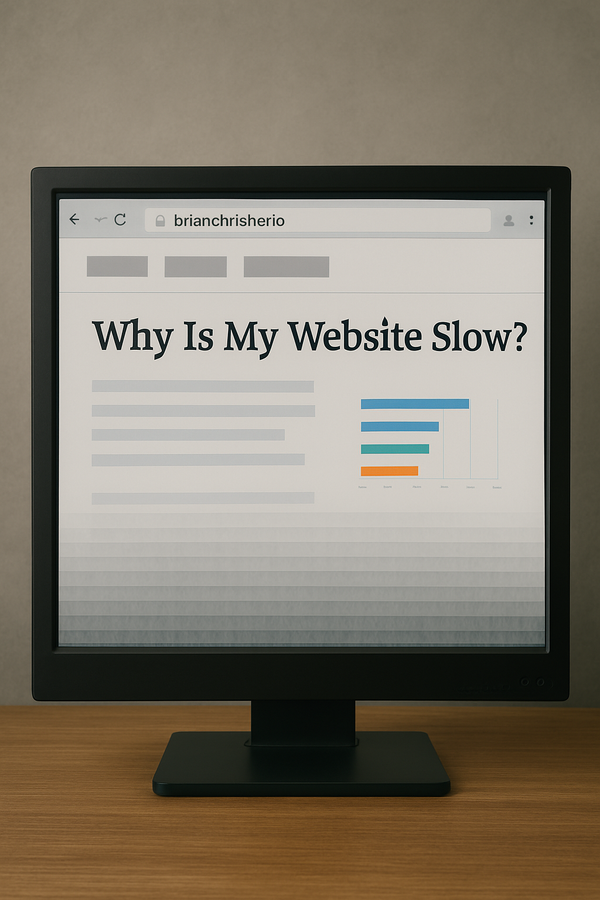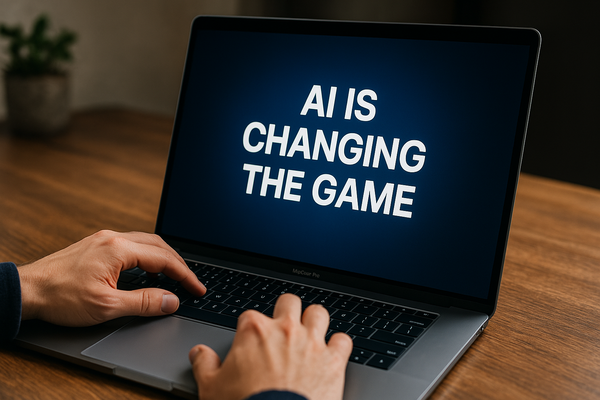AI is an Enabler not a Job Killer
Discover how AI is revolutionizing the workforce by enabling productivity, enhancing creativity, supporting small businesses, and creating new job opportunities. Learn more on how AI is a powerful enabler, not a job killer!

The internet is full of fearmongers and clickbait titles. I'm here to tell you that AI will take some jobs, but it will mostly be an enabler for everyone else.
We often hear about 10x developers or 10x employees. What if AI can enable everyone in the workforce to be a 10x employee? AI creates new opportunities and helps us become more efficient.
AI is a powerful enabler, driving innovation, efficiency, and growth across various industries.
The Role of AI in the Modern Workforce
Integrating AI into the workforce revolutionizes how we approach tasks and solve problems. What if I told you that by utilizing ChatGPT and Zapier, you can easily automate mundane tasks? I've done this in a previous article, where instead of manually tracking my competitors, I built a GPT competitor analysis tool to do it for me.
AI's ability to quickly process vast amounts of data allows us to automate tasks and take over current processes. Initially, AI will take over single processes end to end. The real art of AI is when we start stringing together multiple processes automated by AI.

AI in Creative Fields
In creative industries, AI is a collaborator, not a competitor. Artists, writers, and designers use AI Tools to generate new ideas, streamline workflows, and experiment with innovative concepts. For instance, AI can suggest new design trends, write initial content drafts, or create music based on specified parameters. This enables creatives to push the boundaries of their work, enhancing their creative process rather than replacing their unique talents.
Again, we don't replace existing creative people but enhance their abilities to become even more productive. I gave a talk recently about AI in iGaming and how game design took up to 3 months to create a new game design. Leveraging AI tools, we've reduced the amount of time needed to under a month. I aim to get this down to two weeks by the end of the year.

Enhancing Productivity with AI
AI tools can automate routine administrative tasks like scheduling meetings, managing emails, and organizing data. This automation allows employees to focus on high-value tasks requiring human judgment and creativity and reduces context switching, which is deadly for productivity and creativity.
My goal by the end of the year is to build a GPT that will read my Gmail inbox, prioritize my inbox by priority, answer emails with an automated template, and ping me when I need to respond to something.
Of course, I don't want everything automated by maybe 50%. Imagine, if you could automate 50% of your inbox, how much productivity you could save?
Obviously, we need human interaction to ensure we are not sending random hallucination emails to important contacts. Initially, I will check each email before sending it, but that is still my goal. Next, I will start on a secondary Gmail inbox, not my primary... you know, for safety.

AI Empowering Small Businesses
AI is also a powerful tool for small businesses. AI tools can also automate back-office functions, such as inventory management and accounting, allowing small business owners to focus on growth and innovation.
Let's take, for example, the entire back office of a small business. The amount of time I used to spend creating invoices, chasing invoices, and reconciling was upwards of 10-15 hours per week. Is AI a perfect solution to handle each of these processes individually and then update you with a status?
Could you save 10 hours a week with such a solution? Absolutely!

New Job Opportunities Created by AI
Contrary to the belief that AI destroys jobs, it actually creates new ones. We've gone through this exercise in the past. When the first factories were erected, tradesmen said it would kill all the jobs. Sure, it may have eliminated some tradesmen's jobs, but it actually produced 1000x more jobs in the factories of the years.
The same applies to computers, robotics, automation, and AI. These technologies have eliminated jobs but also created new ones.
As AI technology evolves, it spawns entirely new industries and job categories.
We have already seen new jobs spring to life in the advent of ChatGPT. For example, "Prompt Engineering" only became a topic at the beginning of 2023 as seen below in the Google Trends report.
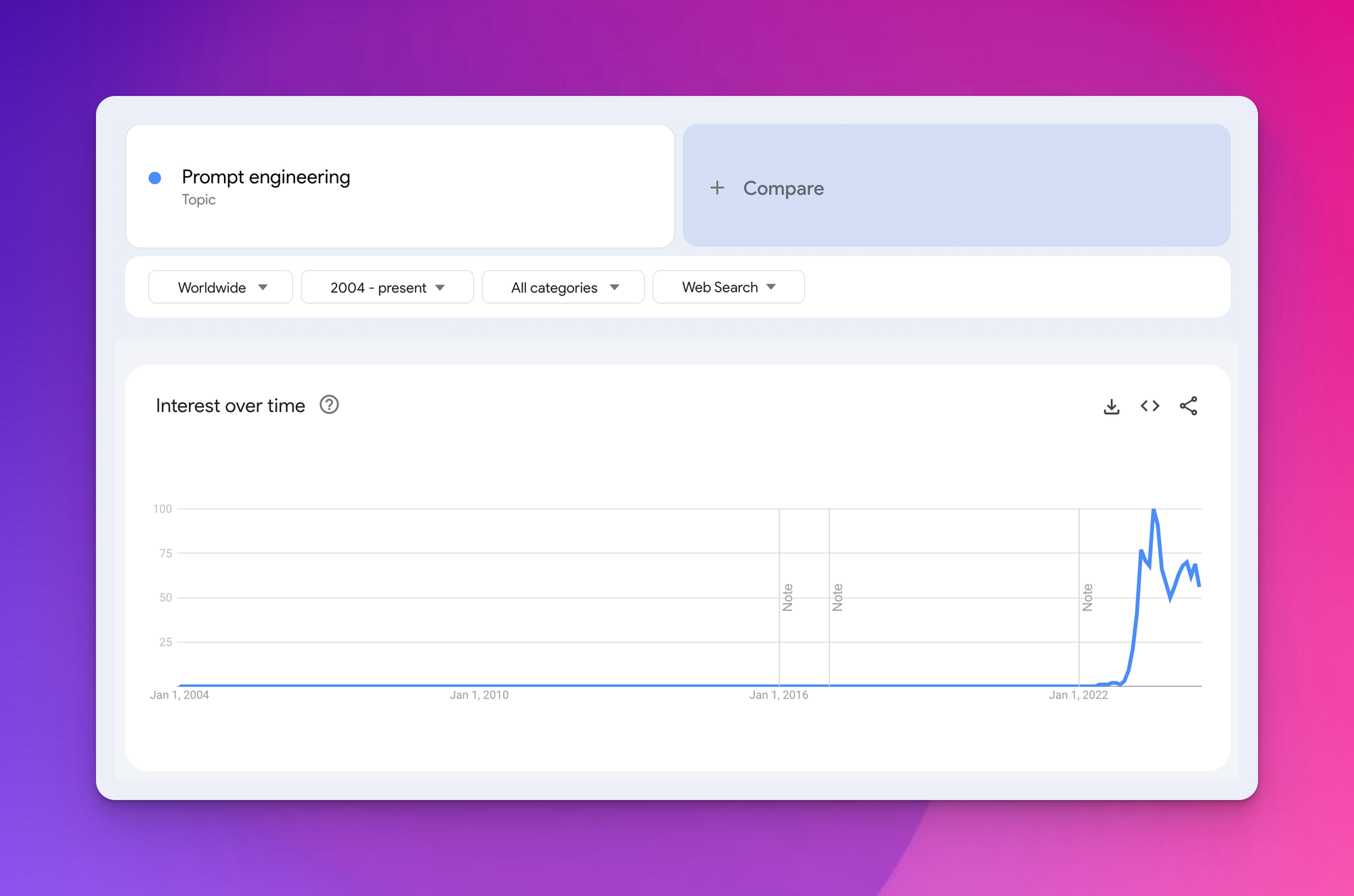
The Future of AI and Work
The symbiotic relationship between AI and human workers will continue to evolve. As AI takes on more routine tasks, humans can focus on roles that require creativity, emotional intelligence, and strategic thinking. This shift will lead to more fulfilling and meaningful work, fostering a collaborative environment where AI and humans complement each other's strengths.
AI will enable us to reduce context switching, return to more creative and productive output, and enable all us to be a 10x employee.

FAQ Section: AI is an Enabler, Not a Job Killer
What role does AI play in the modern workforce? AI revolutionizes the workforce by automating mundane tasks, allowing employees to focus on higher-value work. Tools like ChatGPT and Zapier streamline processes, enhancing productivity and efficiency.
How can AI benefit creative fields? AI acts as a collaborator in creative industries, helping artists, writers, and designers generate new ideas, streamline workflows, and experiment with innovative concepts, ultimately enhancing their creative output.
Can AI enhance productivity in everyday tasks? Yes, AI can automate routine tasks like scheduling meetings, managing emails, and organizing data, freeing up time for employees to focus on tasks that require human judgment and creativity.
How does AI support small businesses? AI can automate back-office functions such as inventory management and accounting, allowing small business owners to concentrate on growth and innovation, significantly saving time and resources.
Does AI create new job opportunities? Contrary to the belief that AI destroys jobs, it creates new ones. As AI technology evolves, it spawns entirely new industries and job categories, leading to more opportunities in fields like prompt engineering.
